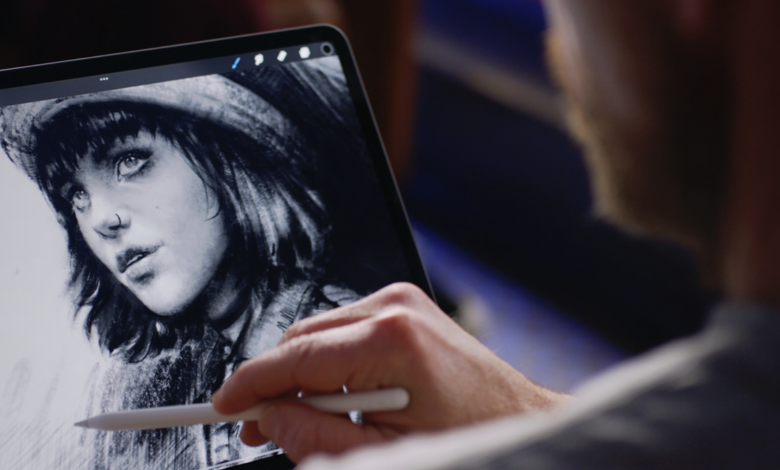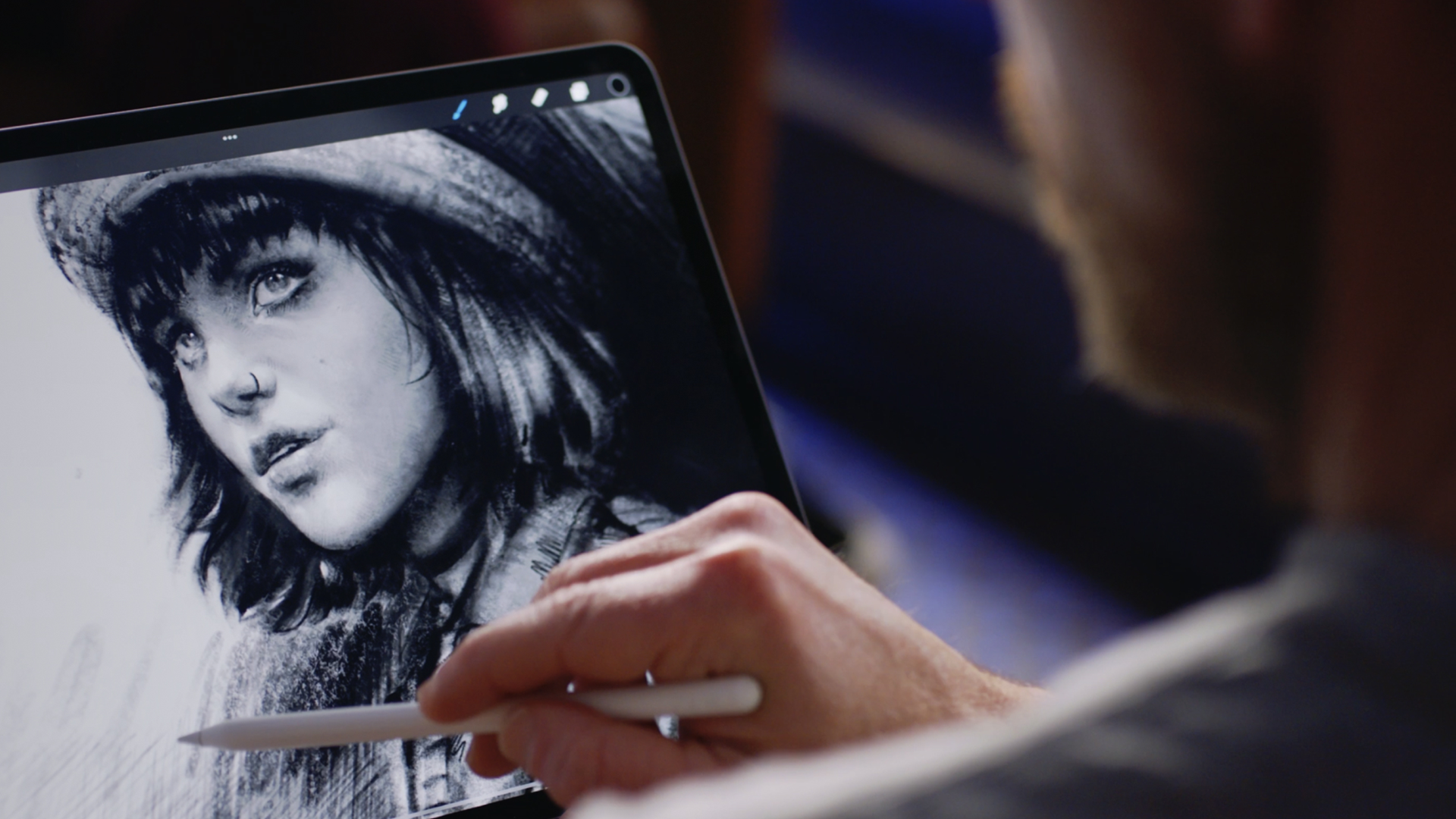Hate AI art? You’ll love what Procreate just promised to do—or not do


Popular digital art app Procreate has taken a firm stance against generative AI in its features and art as a whole. The decision stands in stark contrast to the rapid movement by Adobe and other developers to integrate AI into their platforms. One of the biggest problems is that AI image makers like Midjourney, OpenAI’s DALL-E and Stability AI rely on large-scale scraping of online content, including copyrighted works, to train their models. The practice has led to legal challenges, including a class-action copyright infringement lawsuit against several AI companies.
Procreate has been a mainstay for digital artists since its launch in 2011, earning praise for its interface and Apple iPad-centric tools. Artists can create intricate, high-quality artwork with touchscreens and styluses through Procreate, but that will never expand to include AI capabilities. The company and its CEO, James Cuda, has made his views on the matter very clear.
“I really f***ing hate generative AI. I don’t like what’s happening in the industry and I don’t like what it’s doing to artists,” Cuda said in a video released on social media about the decision. “We’re not going to introduce generative AI into our products.”
AI Art Combat
According to Procreate, the aim of the announcement is to push back against AI for the way it undermines the integrity of human-driven artistic processes. Procreate believes that adding AI-generated content would undermine the creativity that is the cornerstone of its success. There are plenty of people in the art and illustration world who have expressed their appreciation for Procreate’s decision. There’s been frustration among artists with how AI-powered platforms appear to exploit their work without permission or payment. The outcry has had some effect on brands trying out AI image makers. Illustration app Clip Studio Paint, for example, canceled plans for an AI image generator in 2022 after a wave of complaints from its user base.
And while Adobe has incorporated several generative AI features into its product platforms, it hasn’t been immune to criticism. When Adobe quietly updated its terms of service in a way that seemed to suggest it would use user content to train AI models, it sparked a huge outcry, and even promises of boycotts. Adobe has clarified that it does not train AI on customer content but still felt the need to amend the terms of service to emphasize that fact.
And the rapid adoption of AI across platforms shows that not all artists agree that generative AI is not inherently antithetical to human creativity. AI tools can be treated as another source to bring ideas to the digital canvas, facilitating rather than replacing creation.
More cynically, the loud statement positions Procreate as an alternative to Canva, Adobe, Figma, or another illustration platform that has embraced AI to one degree or another. Procreate can claim to be an ally to its fellow artists who reject AI tools in a way that others cannot. Still, the legal and regulatory battles over AI image-makers are far from over. The results might make Procreate seem prescient or headstrong, but it will undeniably have a place in the larger story.
“Our products are always designed and developed with the idea of a human creating something,” Cuda said. “You know, we don’t know exactly where this story is going to go, or how it’s going to end, but we believe we’re on the right path to supporting human creativity.”




